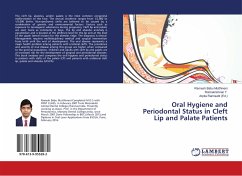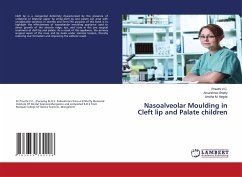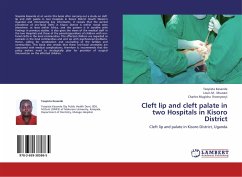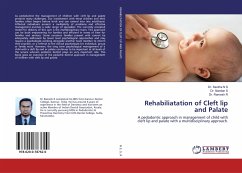Cleft lip and palate represent a major public health problem due to the possible associated life-long morbidity, complex etiology, and the extensive multidisciplinary commitment required for intervention. It affects about 1.5 per 1000 live births (250,000 new cases per year) worldwide, with tremendous variations across geographic areas and ethnic groups. It is considered a debilitating condition that is associated with significant feeding, hearing, speech, and psychological impairments. The wide surgical, dental, speech, social, and medical involvement emphasize the importance of understanding the underlying determinants of these defects to allow optimizing the treatment options and predicting the long-term course of the affected individuals development. Optimal and early surgical intervention is necessary and folic acid supplementation proved to be a highly efficient preventive strategy. However, there are still many challenges to be addressed for cleft care especially in the developing parts of the world.The orthodontist, by virtue of having gained in depth knowledge of the craniofacial complex, it's growth and development, and expertise in tooth movement.
Bitte wählen Sie Ihr Anliegen aus.
Rechnungen
Retourenschein anfordern
Bestellstatus
Storno








